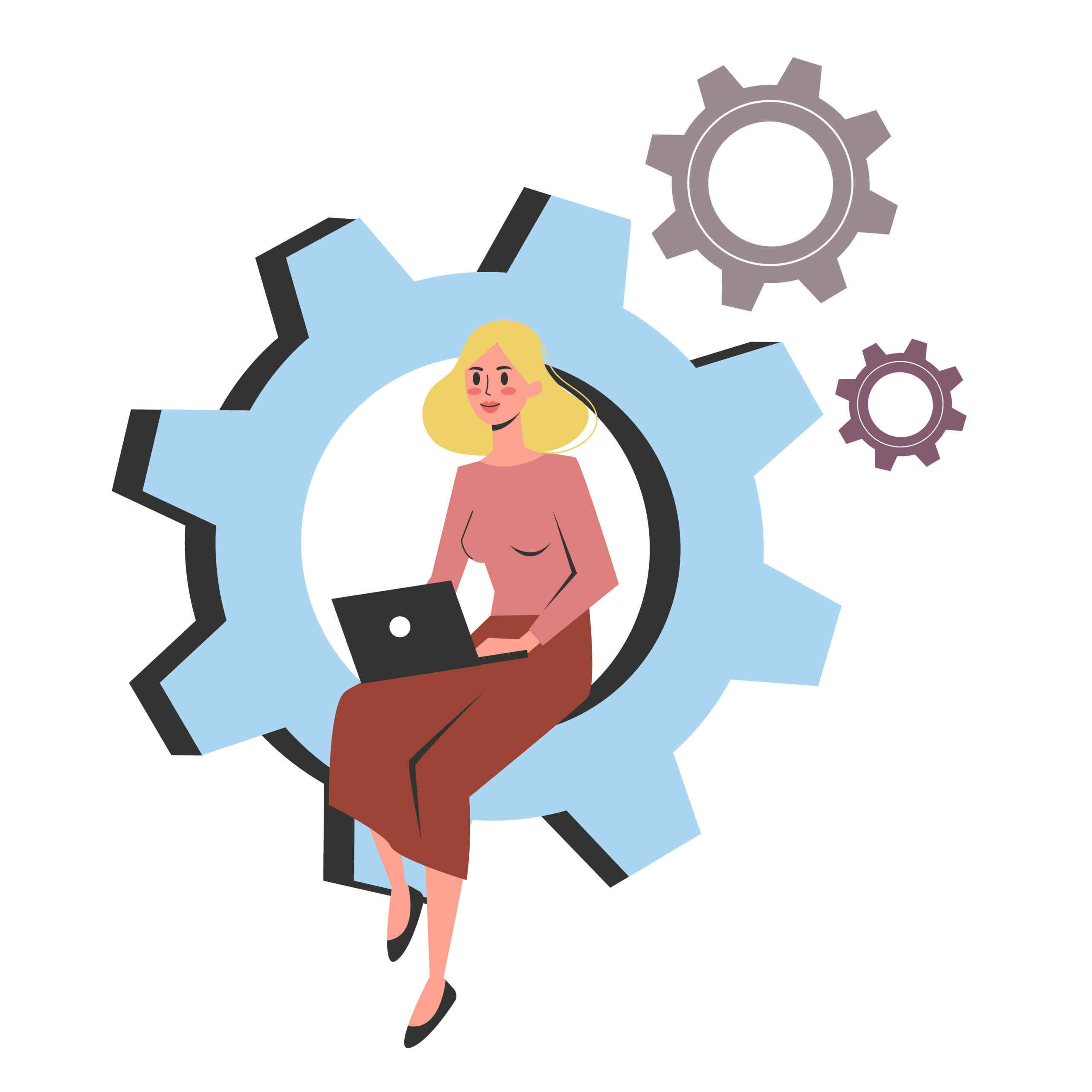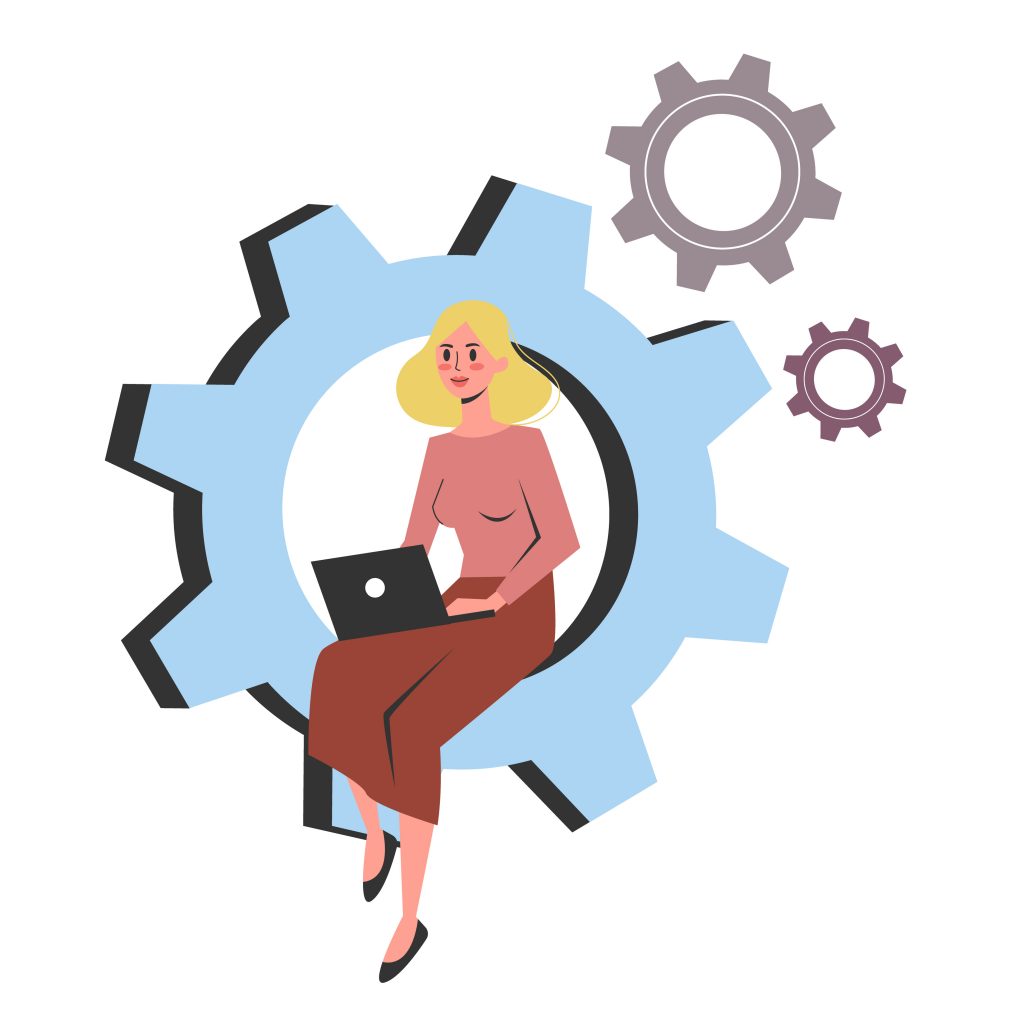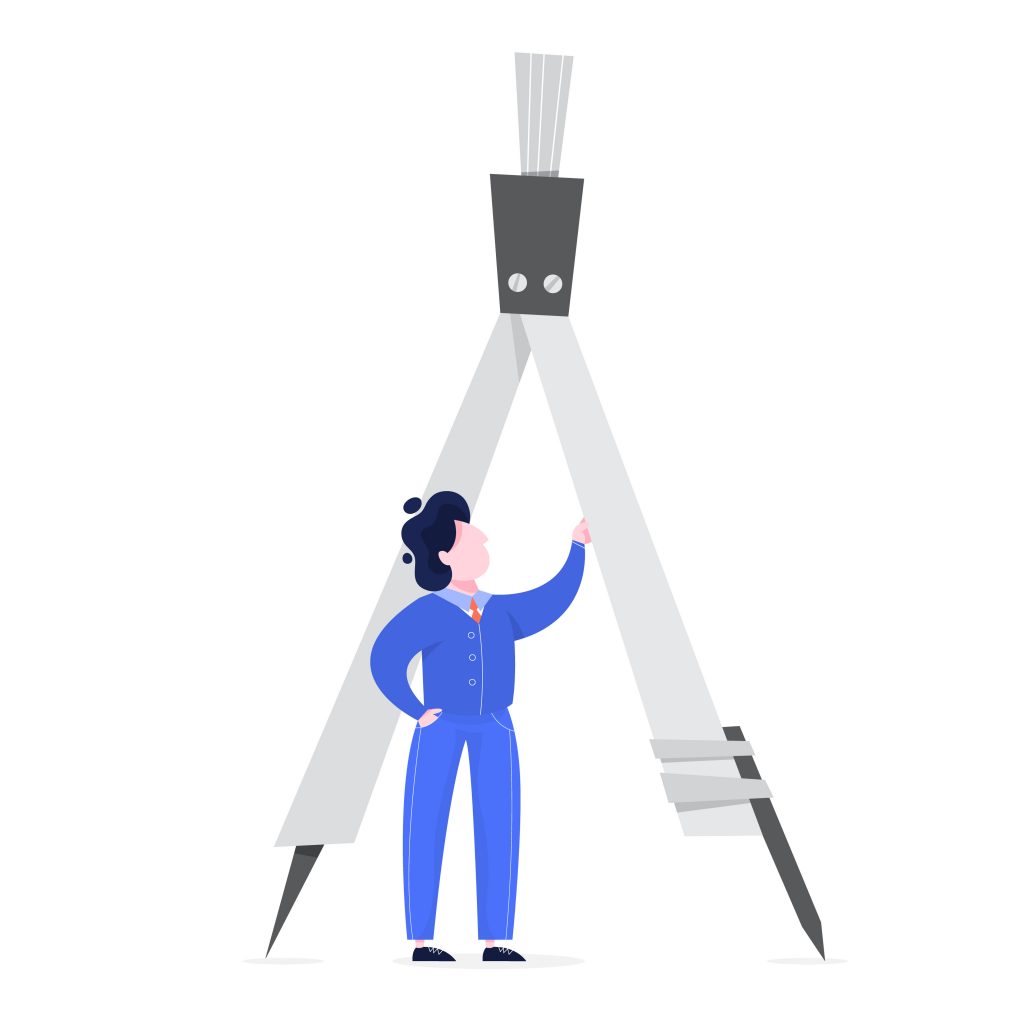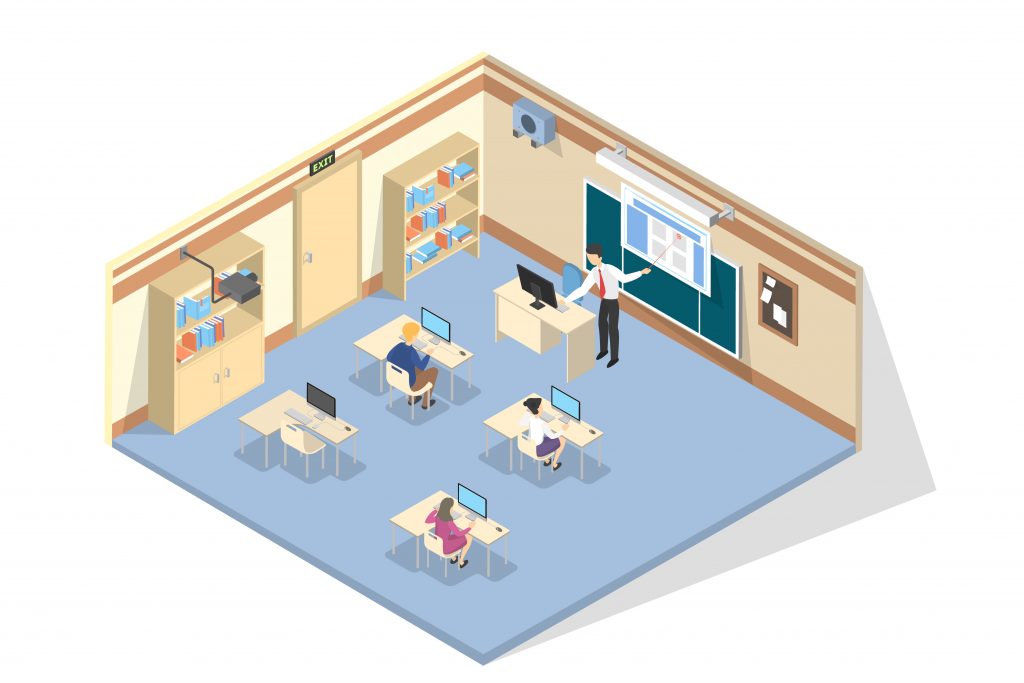Happy International Women in Engineering Day!


Today marks the 8th year of International Women In Engineering Day (INWED). A day dedicated to appreciating and celebrating the contributions that female engineers make. It is a chance to put the focus on these women who are contributing a vast amount to the field and help draw attention to the fantastic range of career opportunities available to women in engineering.
INWED is the brainchild of the Women’s Engineering Society (WES), a group with an illustrious history of supporting female engineers spanning over 100 years. WES was founded on 23rd June 1919 by a committee from the National Council of Women as a response to women feeling forced out of the workforce to make space for returning soldiers from World War One. It had the goal of promoting engineering as a rewarding job for both women and men, and to this day they provide support and inspiration to help young women to learn and work in STEM-related subjects.
This year WES has chosen the theme #EngineeringHeroes. So, we at PCS are taking this opportunity to celebrate two of our engineers and have asked them about their experiences and what we can do as a society to encourage more women like them into the field not only of engineering but also tribology.
To jump straight to the interviews with Karen and Izzy click here.
We are going to continue following this theme of Engineering Heroes over the next month. Once a week, we will be doing another blog post about women in engineering where we highlight key engineers, inventors and mathematicians across history followed by a Q&A with engineers, tribologists and biochemists working in the industry today. They have kindly agreed to share their experiences and what they think could be done to improve the underrepresentation in STEM.
Are women choosing engineering?

It is widely known that the majority of the engineering community is male, however, the scale of the imbalance is often unreported. Only 13% of engineers in the UK are female. This is one of the lowest percentages in Europe. With men making up 87% of the industry, something must be done to encourage women into engineering.
Research has shown that less than 50% of young girls aged 11-14 would consider a career in engineering, in comparison to 70% of boys in the same age bracket. This reinforces previous findings that boys have more positive views and a stronger drive to become engineers in comparison to girls, starting as early as primary school.
Many of the female engineers that we have spoken to would attribute this attitude to a combination of educational, parental, and environmental factors. Young girls are influenced by their families, friends, and teachers when they consider their future careers, which demonstrates the need for positive and inclusive commentary on what engineering is genuinely like. The field of engineering has many opportunities of all kinds, and it is important to make sure that it is open and inviting to anyone, regardless of their sex.
What can we do?
It falls on all of us, not just engineers but also society, to try and correct this gender imbalance. A recent study found that 80% of female engineers are happy in their job, and that 98% of women find their job rewarding, showing that it is certainly a field women enjoy working in. The challenge we face is inspiring women to join in the first place. To do this we should be presenting inspiring role models, offering opportunities to experience STEM, and educating young women to fight the misconceptions. Together we can do it, it will take a concerted effort, and fortunately there are lots of organisations out there that are ready to help.
One such example is the Engineering Development Trust who we have supported over the past decade. They offer programmes like the Industrial Cadet Gold Award, which offer insight into the world of engineering to pupils at schools across the country. In fact, for the last two years, PCS employees have been mentors for this project, offering their time to help educate and support students from two nearby all-girls schools.

Another is Robogals, a group of university students and young professionals from around the world who have made it their mission to “Inspire, engage and empower young women into engineering and related fields.” They do this through workshops in their local communities, introducing mentors and role models to young women at an early age and regional engagement activities. This is similar to the work of STEMettes, who organise panel events, hackathons, and outreach programmes across the UK. They have managed to reach over 45,000 young people and engage them in the field, with 95% of attendees saying they have an increased interest in STEM subjects after just one event.
Some other resources we have found from a host of fantastic organisations can be found below.
STEM learning – Ambassador programme
Thales group – STEM Education and Outreach
Imperial College London – STEM Potential
Computacenter – National STEM outreach to school and universities
Rolls-Royce – STEM
PCS Engineers
Karen Van-Sluytman
PCS Instruments’ Installation and Service Engineer, has been an Engineer for 25 years. Karen regularly goes out to visit our customers and distributors to install and service instruments all around the world, while also solving any problems our customers may have. When at the office, we can find her down in one of our labs, running tests, servicing machines, and assembling accessories.
When did you start becoming interested in engineering?
Since I was a child, so I think it was my environment, surrounded by engineers who were your idols.
What tribology project have you most enjoyed working on in your time in the field?
It would be testing different oils and seeing the wear scar, then comparing your results with other instruments on a global basis.
What are some of your biggest achievements?
It was returning to Guyana, going to a remote area to setup a full electrical solar system together with hot/cold water with a shower head made from a shell.
What does a typical day look like for you?
It is never the same I may need to repair, service, or setup a new instrument.
What are some of the misconceptions about being a female engineer?
Surprise, or the question “you are a woman?” comes to my mind.
What do you think the industry and society could be doing to encourage more women to study or choose a career in engineering?
I think you have to start at the early years and have taster courses.
Is tribology something that everyone should know about?
Everyone knows about tribology but linking it to everyday life is not visible.
Is there anything you wish you had been told as a young woman when you were just getting into engineering, or tribology or even into working life?
You can do anything you put your mind to. Stay positive, promote yourself and progress. Never stop asking questions.
Izzy Roots
An engineer for over 5 years and has been our New Product Development Engineer, as well as our health and safety manager, for the last 4 years. Izzy can often be found in her lab at the office, setting up and running tests to qualify new and existing equipment. Izzy also runs tests on current equipment for customers as well as running novel new tests for innovative studies and external presentations.
When did you start becoming interested in engineering?
I have grown up with many engineers in my family- including my Aunt who is a leading engineer at Oxford University- so it has always been a slight interest of mine. It was after I had been to university and started working that I became more interested. I helped build my first computer, which really excited me about how everything fitted and worked together. I then joined PCS and it really started there!
What do you enjoy the most about engineering?
Seeing how different components work together and then seeing the results.
What drew you to tribology, rather than one of the other areas of engineering?
To be honest, I hadn’t heard of Tribology before joining PCS!
What are some of the misconceptions about being a female engineer?
That women aren’t strong and ‘tough’ enough to be an engineer. Both of which are completely untrue.
What do you think the industry and society could be doing to encourage more women to study or choose a career in engineering?
University students or engineers could give talks to people at high school and primary school age, and in a way that is fun and exciting – eg hands-on experiments, etc.
Studies have shown that the media can influence the choices of young people when they are thinking about their later lives and careers. Do you think that engineers could or should look to the media to engage with young people and promote careers in engineering?
Yes, I definitely agree with this. More TV shows and movies with women in the top, leading engineering roles would be a great motivation.
Is tribology something that everyone should know about?
Definitely! As I mentioned earlier, I had never heard of it before I started at PCS!
We do learn about friction at primary and secondary school, but do you think that the term tribology should also be introduced and that school curriculums could or should do more to highlight its importance?
Yes, I agree. It is so easy to bring this term in, and this could encourage more young people to study this at university.
